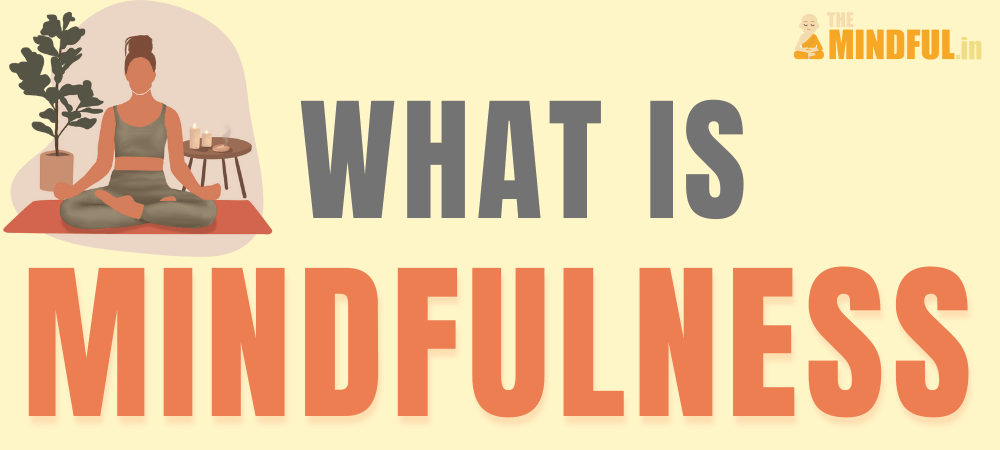Mindfulness means paying attention on purpose to the present moment without judgment. In mindfulness practice you bring focused awareness to the present moment, sensation, thought or feeling without going into it, resisting it or trying to change it. It involves holding the focus of your attention lightly with gentle acceptance like a butterfly resting in the palm of your hand until it moves away on its own. You attend to the ongoing flow of experience: gently observing it as its rise and falls.
One of the goals of practicing mindfulness is to improve your overall well being. When starting we know that it reduces stress and helps people to feel more grounded.
HOW MINDFULNESS PRACTICE IS HELPFUL
The definition of mind that we hear very often is that it is like a monkey jumping from one tree to another. Mindfulness experts call this monkey mind. Monkey mind happens when our mind wanders, when thoughts just can’t seem to be still, or when they are jumping to the future or the past or racing around. Some kinds of wandering like worry can lead to suffering. Practicing mindfulness is a way to become aware of your mind. It is a way to attend to the here and now. This provides an alternative to suffering. Mindfulness practice can also help you to:
- Be more aware of your mind and the ongoing process of thinking, noticing all that it says.
- Cultivate calmness in the presence of unhelpful thoughts and challenging feelings
- Feel less stressed from worry or rumination
- Be less reactive and more flexible in your approach to life
- Experience improvement and Physical health and quality of life
There are just a few from the plethora of benefits and intellectual clarity that Mindfulness

